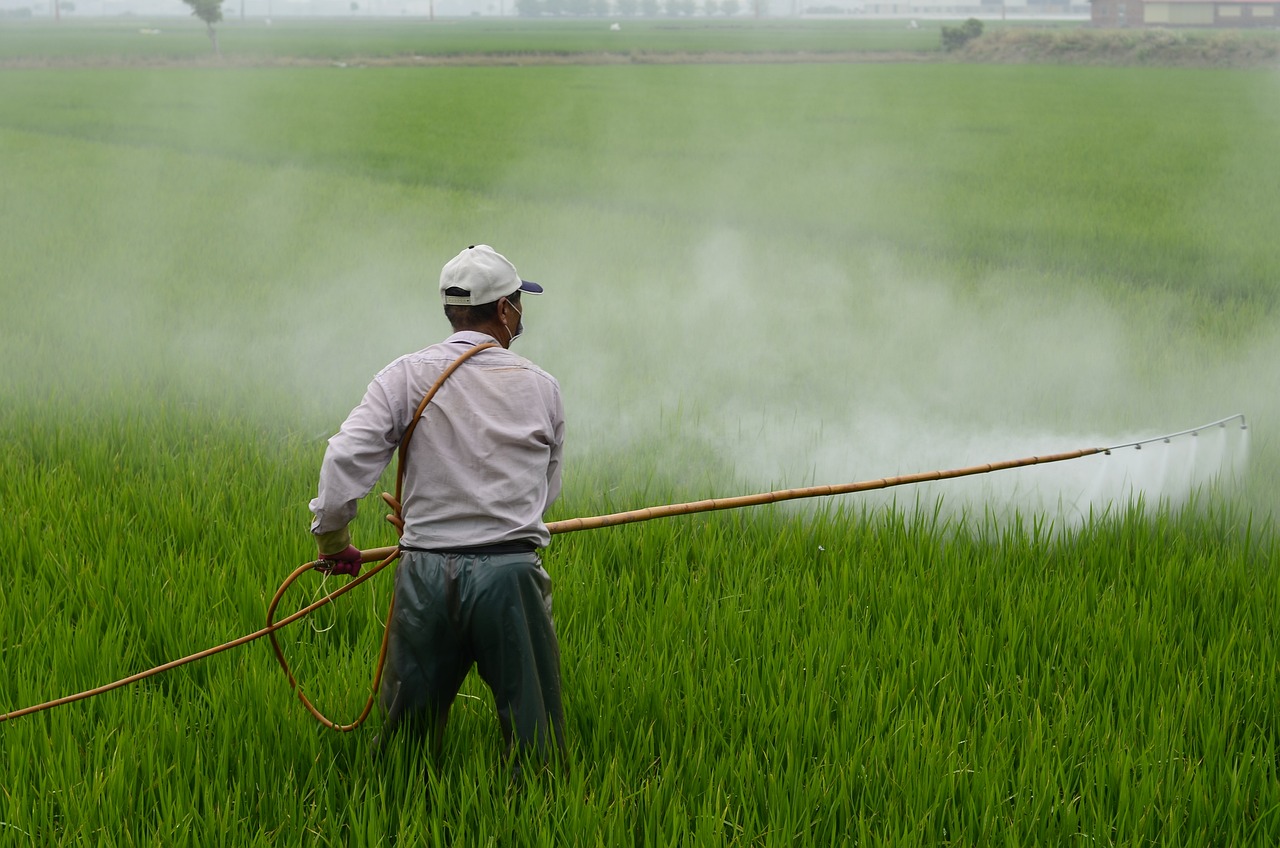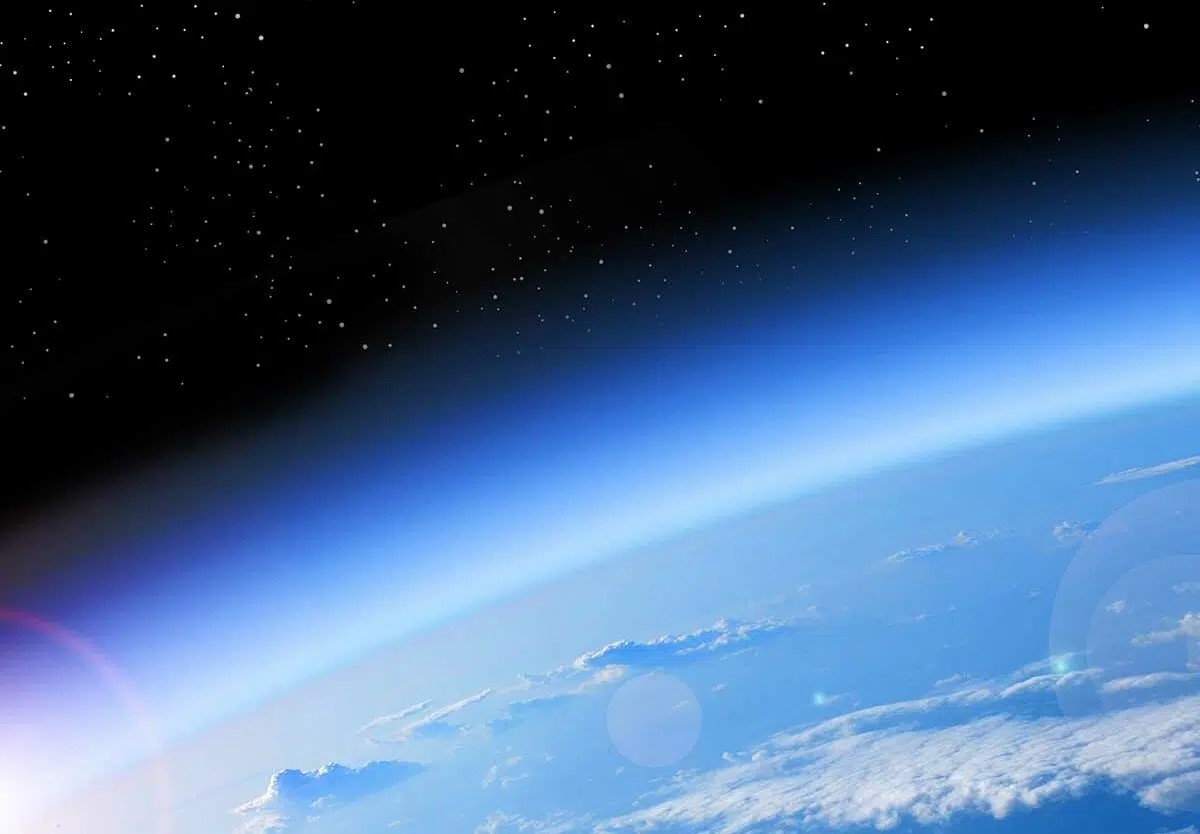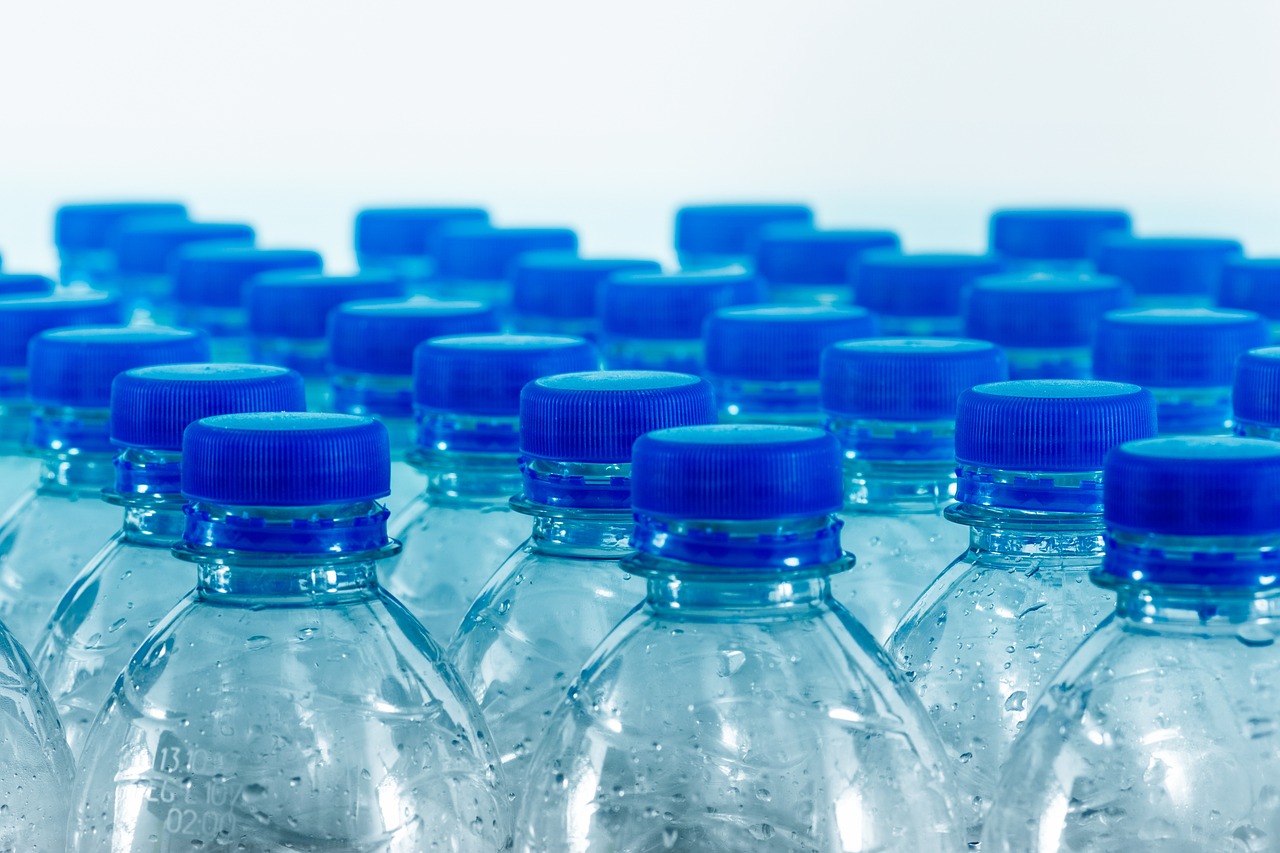Every year, the world produces approximately 300 million tonnes of plastic waste, yet only about 9% of it is recycled. The rest ends up in landfills, natural environments, and oceans, where it breaks down into microplastics ,tiny particles that infiltrate our food chains, freshwater systems, and marine environments, posing serious threats to human health and ecosystems.
In preparation to the fifth resumed session of the Intergovernmental Negotiating Committee (INC-5.2) on the Global Plastics Treaty, the Kenyan Civil Society Coalition to End Plastic Pollution convened a media breakfast in Nairobi, calling on African governments to unite behind a strong, legally binding Global Plastics Treaty ahead of the resumed fifth session of the Intergovernmental Negotiating Committee (INC-5.2), set to take place in Geneva from August 5th to 14th, 2025.
Organized by the Centre for Environmental Justice and Development (CEJAD) in partnership with the Heinrich Böll Foundation (HBF), the event highlighted the urgent need for African voices to influence treaty negotiations that could shape the future of plastic production and pollution management across the globe.
“This is an opportunity for Africa to assert its position, protect its people, and shape an ambitious, legally binding treaty that delivers real, systemic change. Let this treaty reflect the lived realities of our people, not the boardroom interests of petrochemical companies as witnessed over the past negotiations,” Griffins Ochieng, Executive Director of CEJAD
The coalition’s message was clear: recycling alone is not enough. A treaty that tackles plastic production at the source, eliminates toxic chemicals, and ensures a just transition for waste pickers and vulnerable communities is critical.
Find out more:







